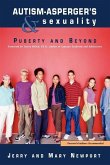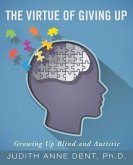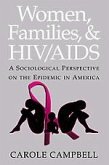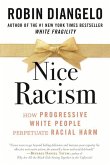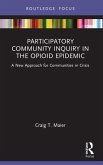Threading an enquiry through debates in neurodiversity scholarship and disability studies as well as film theory, this open access book challenges the widespread idea that autism is an epidemic characterised predominantly by a deficit of empathy, arguing that the reverse is true: we are living through an empathy epidemic in which autism is the outcast. In this telling, 1908 is a pivotal year: Eugen Bleuler coined the term 'autism' for a group of symptoms subset to an emerging classification of schizophrenia, and Edward Titchener translated the German 'einfühlung' into English as empathy. This book digs up and examines the buried relation between the two terms, offering a potted cultural history of how we came to regard and represent autism as a failure of empathy. It goes on to challenge the idea of cinema as an 'empathy machine', instead demonstrating that it reproduces neurotypicality and its exclusion in the form of autism. In all, this book critiques widespread clinical messaging about autism as emotionally vacant and proposes a new and complex explanation for the cultural entanglement of these terms and the ideas they represent. The eBook editions of this book are available open access under a CC BY-NC-ND 4.0 licence on bloomsburycollections.com. Open access was funded by The Wellcome Trust


